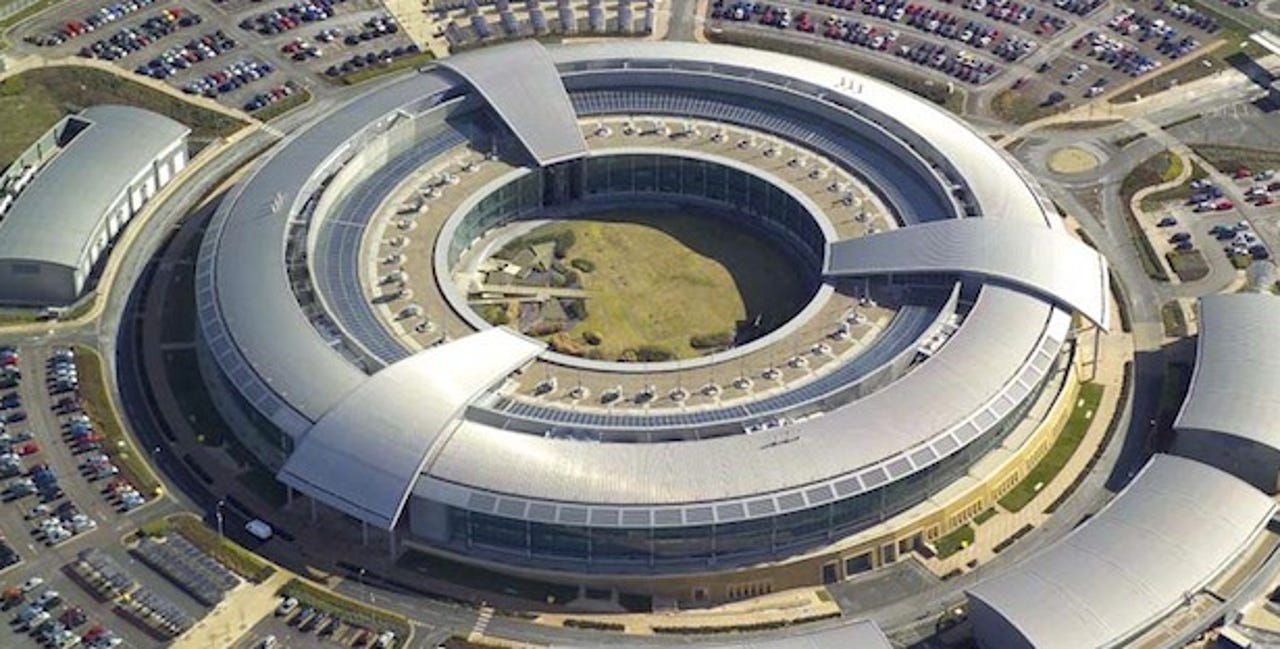UK spy agency GCHQ tribunal on surveillance claims begins

Following the NSA scandal, it's unsurprising the UK's intelligence service is also in the firing line, and a tribunal is set to begin to hear arguments by civil liberty groups that the GCHQ has overstepped the mark on surveillance.
As reported by The Guardian, the legal challenge set against the GCHQ and raised by civil liberty groups is soon to be heard. Privacy International, Liberty, Amnesty International, the American Civil Liberties Union and a number of civil rights groups say the agency is "potentially far more intrusive than any other current surveillance technique," and have questioned the legality of "interception, collection and use of communications" by the GCHQ.
The Investigatory Powers Tribunal (IPT), the UK's regulator of surveillance laws within the country, will host the week-long hearing held to discuss the alleged mass surveillance. The case in question focuses on a mass surveillance operation called Tempora.
Featured
Tempora's existence, revealed through former US National Security Agency (NSA) contractor Edward Snowden's leak of confidential documents to the media, has neither been confirmed or denied by the UK government. However, Snowden's revelations state that GCHQ has placed data interceptors on fiber-optic cables which carry Internet traffic to and from the UK, US and Europe. This gives the government agency access to vast amounts of internet data, potentially as much as 21 petabytes a day.
The placement of interceptors appears to have been done with the cooperation of cable operators.
While the UK government insists that GCHQ's spying is within legal boundaries and is subject to strict controls, the civil rights groups say that the agency "has not identified any legal basis for the alleged conduct," and GCHQ breaches the European Convention on Human Rights — which gives citizens privacy rights as well as freedom of expression.
The civil liberties organisations are not only concerned with the potential monitoring of private communications without a legal basis, but also that data contained through Tempora and the NSA's Prism and Upstream projects may have been shared across UK and US intelligence agencies.
The Tempora case is one of dozens of GCHQ-related complaints that are due to be investigated by the IPT.
James Welch, Liberty's legal director told the publication:
As legislation is introduced to paper over one crack in the crumbling surveillance state, another faces challenge. Not content with forcing service providers to keep details of our calls and browsing histories, the government is fighting to retain the right to trawl through our communications with anyone outside and many inside the country. When will it learn that it is neither ethical nor efficient to turn everyone into suspects?
At the annual Internet Services Providers’ Association (ISPA) awards in July, the UK spy agency was awarded the prize of being the biggest "internet villain" this year alongside the NSA.
